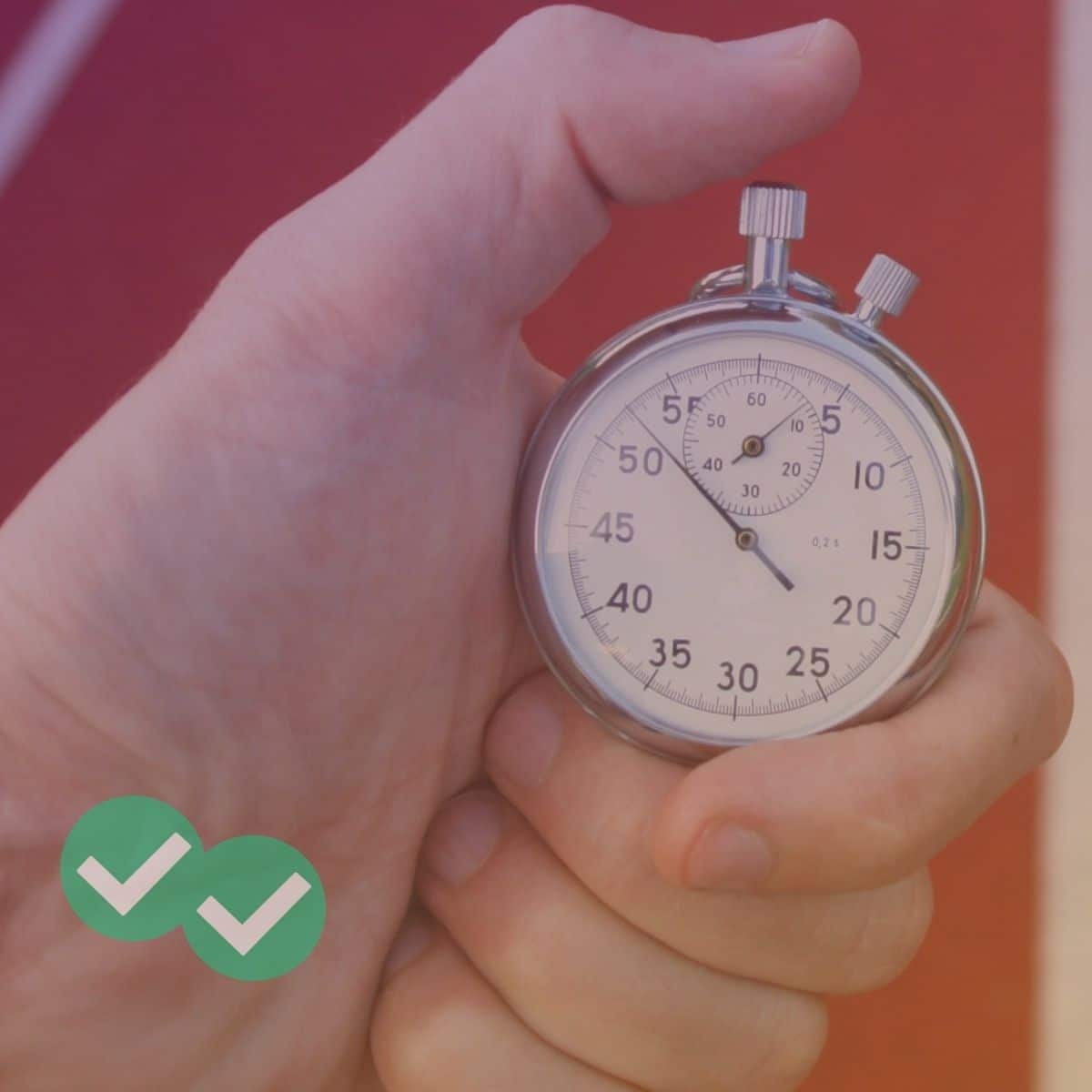Overcoming some of the most common grammar mistakes
In the business world, there are plenty of numbers, and those numbers are always in flux, going up or down. Not surprisingly, many of the sentences you will correct on the GMAT have topics that discuss quantities of various things and how those quantities change. Much of the language to discuss quantities is quite familiar and intuitive, where mere familiarity with spoken English is more than enough preparation. Unfortunately, the spoken English all around us contains a couple screaming errors, errors that will sound correct to us because we hear them said all the time.
The Big Diagram for the Language of Comparing Quantities
The first thing we need to clarify is: Of the many things in the world that increase and decrease, some come in countable units, while others, though you can have more or less of them, cannot be counted.
Quantities that come in countable units include anything you can count: cars, trips to Hawaii, dollars, tasks, orders, units of time, units of length, elected officials, countries, etc. Anything you can count.
Quantities that are inherently uncountable include: sickness, health, patience, knowledge, travel, work, time, length, democracy, and justice. Anything which you can’t count, but of which you can have more or less.
Below are examples of words and phrases used with countable and uncountable quantities. Pay attention to what sounds unfamiliar.
Now, I’m going to make a prediction: the examples that sound awkward are all in the “COUNTABLE” slots, especiall #4, #6, #8, and possibly #9. That’s where most people make mistakes. These mistakes are pervasive: have you ever seen, at the checker in the grocery store, the embarrassingly ungrammatical sign that says, “Ten items or less”?!?
If you’re clear about this distinction, you will experience less uncertainty on the Sentence Correction questions, and you will make fewer mistakes.
1. Asking About Quantity
UNCOUNTABLE: how much: How much does she travel? How much time did you work on that?
COUNTABLE: how many: How many trips does she take? How many hours did you work on that?
2. Comparing Equal Quantities
UNCOUNTABLE: as much as: Does your professor have as much knowledge as mine?
COUNTABLE: as many as: Has your professor written as many books as mine?
3. Increase, Comparative
UNCOUNTABLE: more: Is Albert Pujols more talented than Ichiro Suzuki?
COUNTABLE: more: Does Albert Pujols have more RBIs than Ichiro Suzuki?
4. Decrease, Comparative
UNCOUNTABLE: less: Is grandpa less argumentative now? In a week, you should eat less ice cream.
COUNTABLE: fewer: Does grandpa have fewer arguments now? In a week, you should eat fewer servings of ice cream.
5. Intensification, for an increase
UNCOUNTABLE: how much more: How much more distance will we have to travel?
COUNTABLE: how many more: How many more miles will we have to travel?
6. Intensification, for an decrease
UNCOUNTABLE: how much less: Consider how much less money you would have left if you bought the expensive kind.
COUNTABLE: how many fewer: Consider how many fewer of these you would have been able to buy if you bought the expensive kind.
7. The extreme of an increase
UNCOUNTABLE: too much: He reads too much. She has too much pride to apply for that job.
COUNTABLE: too many: He has too many books. She has too many degrees to apply for that job.
8. The extreme of a decrease
UNCOUNTABLE: too little: Unfortunately, we did too little advertising for this event.
COUNTABLE: too few: Unfortunately, too few people attended this event.
9. Word referring to the quantity
UNCOUNTABLE: amount: No amount of hand-wringing will solve this problem. This amount of mashed potatoes should be enough for dinner.
COUNTABLE: number: No number of calls to your mother will solve this problem. This number of baked potatoes should be enough for dinner.
Here’s a practice question on these themes:






Leave a Reply